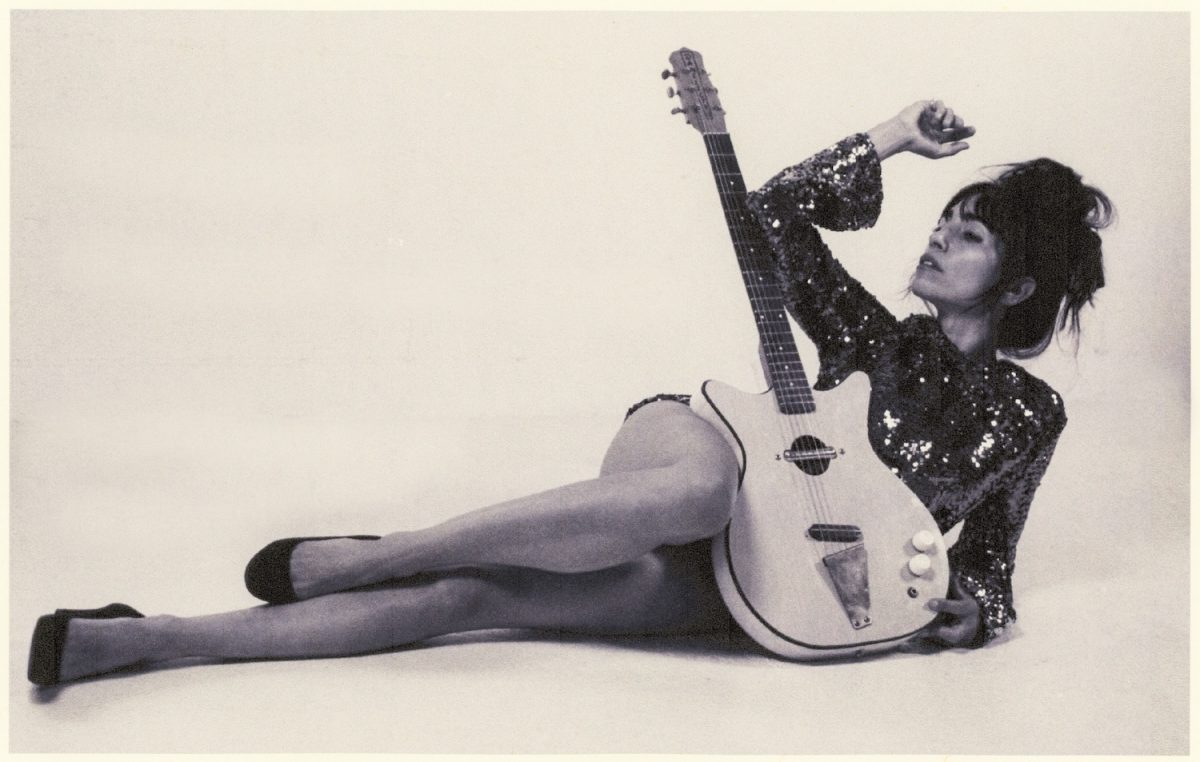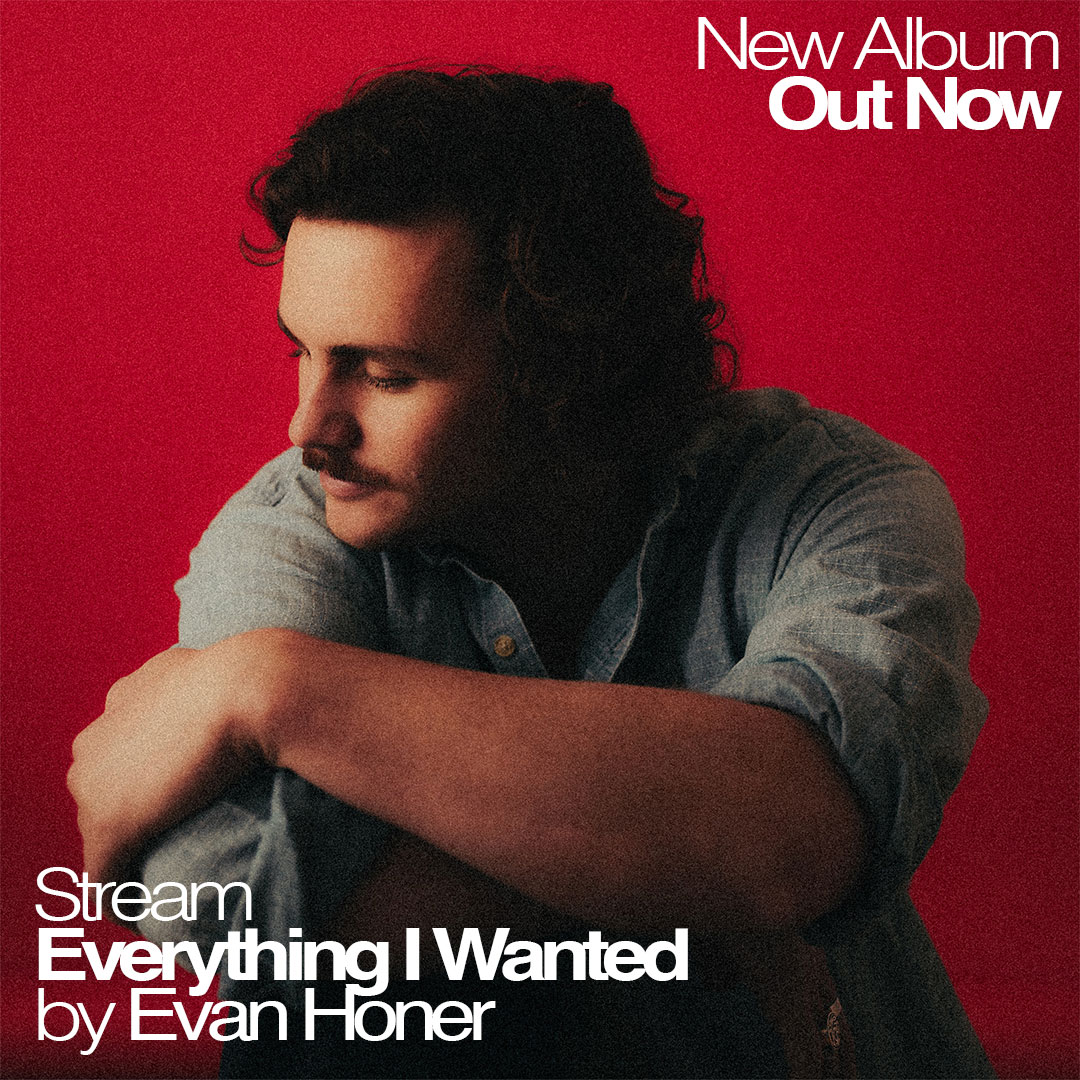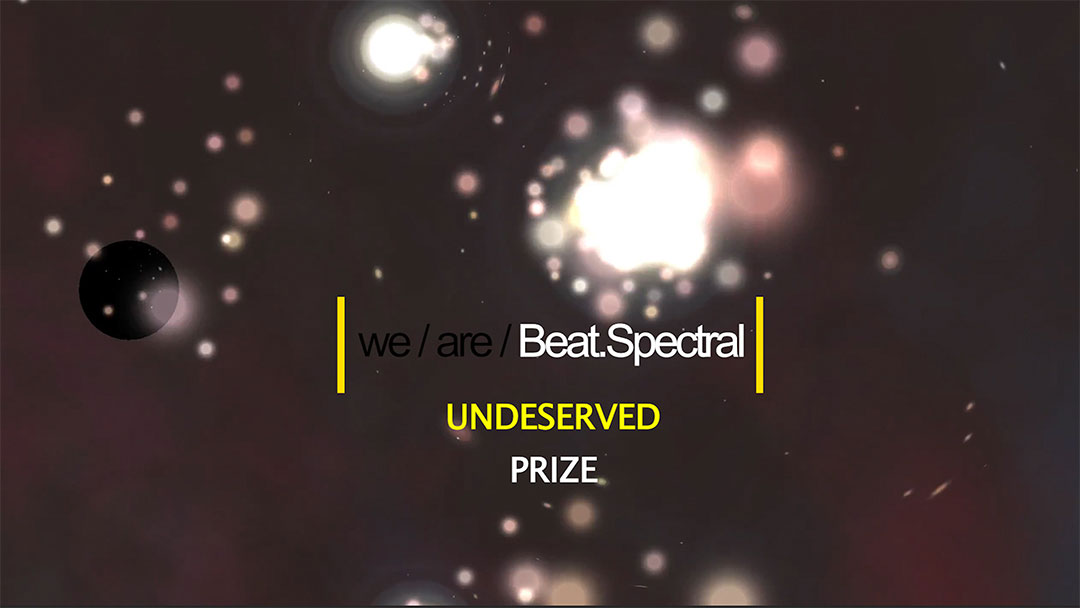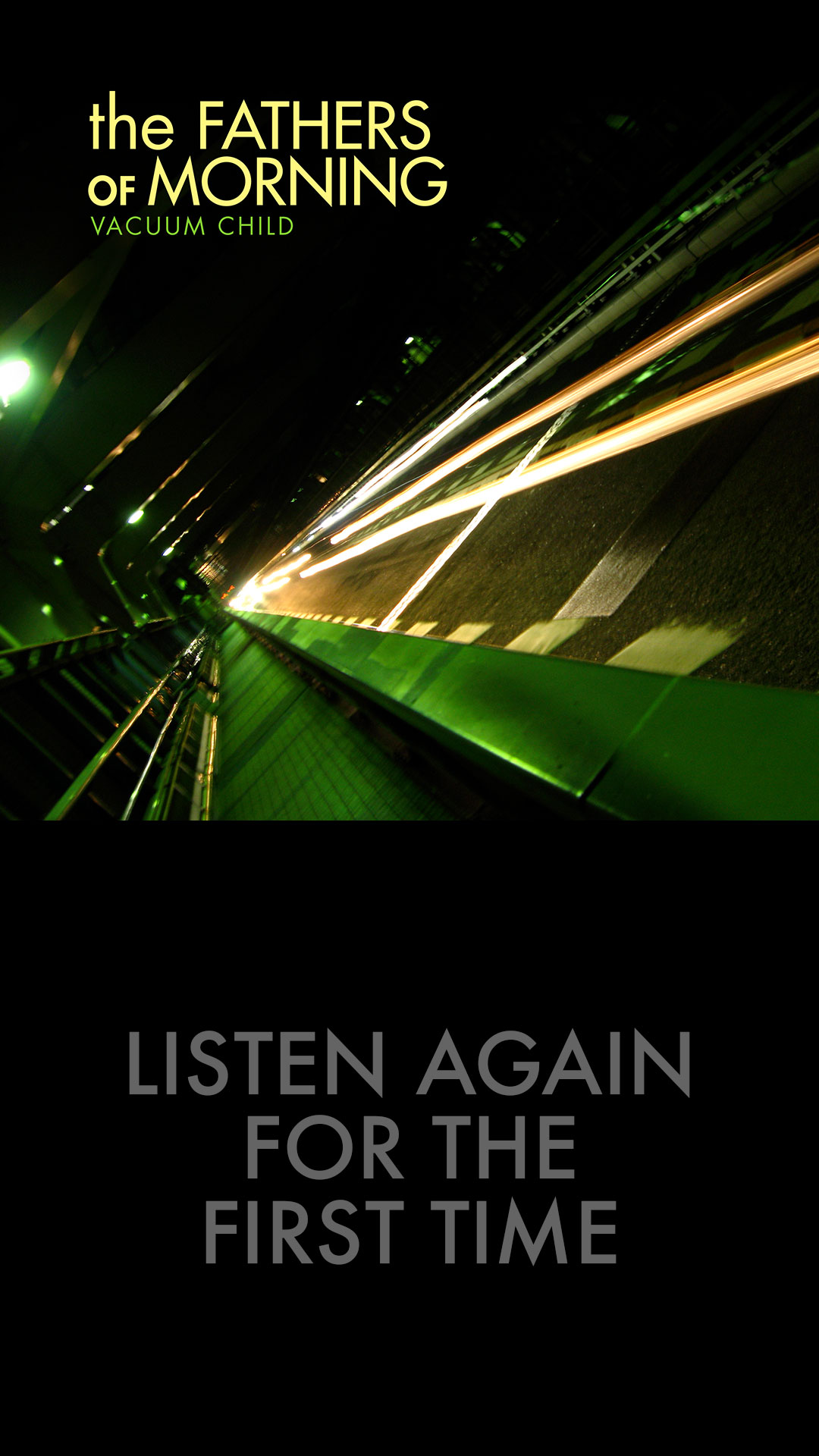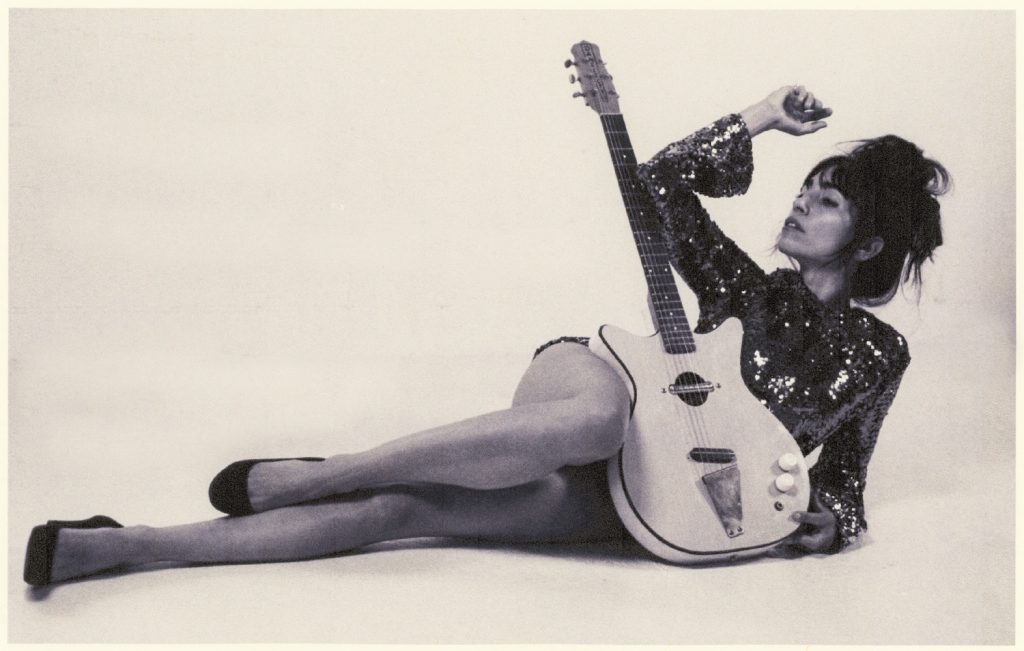
In the most obvious sense, Katie Schecter’s Empress (Soul Step) is a family affair. It was produced by her husband, Cage The Elephant guitarist Nick Bockrath, while the Nashville-based singer/songwriter was pregnant with their first child. But it’s also a not-so-thinly-veiled expression of individuality—the unmistakable sound of an obvious talent reasserting herself after a prolonged slumber.
Born and raised in New York City, Schecter has never been beholden to any one genre. If anything, her first full-length release in five years has an unhurried Motown-ish feel—something she describes as “dubbed-out Supremes.” Empress was recorded at the Diamond Mine in Queens, N.Y., a hub for the city’s neo-soul revival. Its sultry, lived-in groove comes courtesy of the studio’s accomplished rhythm section: Nick Movshon (drums) and Homer Steinweiss (bass), known for their work with Dan Auerbach in the Arcs. The album also features contributions from Russ Pahl on pedal steel and Leon Michels on piano.
Rumor has it, Schecter is not only great mom but a first-class human being. MAGNET’s Hobart Rowland found that out for himself.
It’s rare that an album comes with such a purposeful and well-articulated mission statement. Tell us about that.
Hey, thanks. I think I just selfishly needed to answer the question, “Why am I doing this?” There were many moments throughout the process of putting this record out that had me feeling super-defeated, and I had to get real with myself. Like, if I can’t control the outcome, if no one ever signs this album, am I going to stop writing songs? No, there’s no way I ever could. So, yeah, it was just getting back to the basics of why I became an artist in the first place. I want to leave a meaningful body of work behind when I’m one day not on this Earth. That’s why I do what I do.
What was it like recording Empress while you were pregnant with your daughter? I’d imagine working efficiently was a top priority.
I knew that once Only arrived, we wouldn’t be focused on anything but her. So one could say I was completely insane about finishing the record before my due date … And by “one,” I mean my husband, Nick. I specifically recall a moment toward the end of my pregnancy, trying to overdub vocals in our basement and being so out of breath I had to take a knee, which didn’t sit very well with me. But we got back to it eventually, when there wasn’t a human leaning on my diaphragm.
Speaking of motherhood, how does the subject figure into the songwriting on Empress?
It actually didn’t at all when I was penning the songs in the first place. The way I interpret some of the songs now that I am a mom is different than when I initially wrote them—especially the final track, “Hiding Place.” At the top of the track, there’s an audio clip from the first time we heard Only’s heartbeat in utero. It was something I was very insistent upon being on the album. Now the song is a testament to my love for her, but I wrote it before I knew she existed. She’s credited in the liner notes.
One of the most striking things about the new album is how much it grooves—though in a relaxing and intimate way. It proves that you can make a confessional record and still dance—or, at least, move—to it. What are your thoughts on this?
Ugh. That’s all I wanted, and it makes me so happy to hear you say that. No shade, but I’m really not into sad-girl music … There’s no mood I’d ever be in that would urge me to listen to it. Everything good in my book makes me move—or at least sway gently. I think even a sad song should uplift in some way, whether it’s a riff or bass line.
Your journey as a solo artist has had some fits and starts. Where do you see it headed now with the release of Empress?
Empress will obviously go viral on TikTok, and I’ll get the record deal I’ve always dreamed of. But other than that, the future is unclear.


